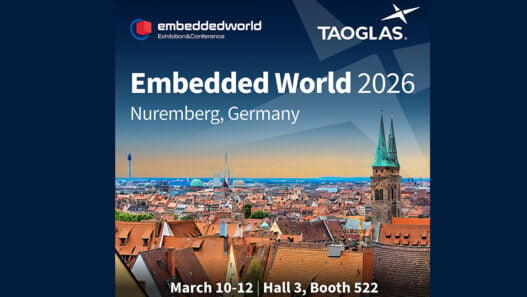Patricia’s appointment marks an exciting chapter in NMITE’s journey. Her diverse experiences and commitment to transformative education align perfectly with NMITE’s mission to redefine engineering education for the future.
Patricia’s career history stretches from a water resources research lab in Hohai University, Nanjing, China, to a role as Design Engineer at Ove Arup & Partners working on flood alleviation and wastewater projects with Welsh Water and Natural Resources Wales. She has a decade of experience at Swansea University, where she created and led the Department for General Engineering, focusing on courses to bridge the gaps between traditional engineering subjects and other disciplines.
“We are thrilled to welcome Dr Patricia Xavier to NMITE as our new Acting Academic Director. Patricia’s extensive background in engineering education, her international experience, and her dedication to addressing the pressing challenges of our time make her the ideal leader for NMITE. We believe her innovative and holistic approach to engineering education will enrich our institution and empower our students to become the change-makers of the future.” says James Newby, CEO and President, NMITE.
Patricia’s areas of interest have evolved considerably over the years. She began her career with a focus on water-related engineering but soon shifted her attention to the broader impacts of engineers on society and the methods of educating them effectively. For five years, she co-taught courses that brought together social scientists and engineers. Patricia noted that this collaboration created engineers who outperformed their peers by drawing from the tools of the social sciences and approached engineering with a sense of humility and reflection to engineering, quite unlike the perception of arrogance that can be a feature of the profession.
In her new role as Acting Academic Director at NMITE, Patricia intends to infuse more of the social sciences approach into the institution’s curriculum and culture. She aims to ensure that NMITE’s students are equipped with the knowledge and mindset needed to engage with complex issues. Patricia believes that authentic assessment is a key tool for achieving this and is enthusiastic about applying it to her teaching to foster insightful and innovative thinking.
“NMITE’s commitment to redefining engineering education for the future aligns perfectly with my vision for a more holistic and adaptable approach to addressing the challenges of our time. I am excited to work alongside NMITE’s exceptional team and talented students to make a meaningful impact,” said Dr Patricia Xavier, the new Acting Academic Director at NMITE.
Since joining NMITE Patricia has been particularly impressed by the students, who she describes as “highly engaged, talkative, and curious.” Patricia appreciates the students’ willingness to express their opinions and their rebellious yet constructive spirit. She is also gratified by their confidence, self-assertion, and sense of ownership in their education. Patricia is influenced by Paolo Freire, the Brazilian educator and activist, who spoke of education being a tool to bring about either conformity or freedom. “I see a fundamental role of education as developing the critical consciousness of students,” says Patricia. “To be fully engaged citizens means students need to be empowered to take a stand against injustice where they see it. As engineers, they need to be aware how their engineering products and processes can harm as well as help society.”
One of the aspects that Patricia finds especially appealing about NMITE is its industry-led approach to education. As someone with a background in industry, she appreciates how NMITE effectively bridges the gap between academia and industry. Patricia has always advocated for active learning and industry engagement, which she notes can be challenging to implement in traditional university settings.
“NMITE’s commitment to small-group facilitated active learning means much more focus can be devoted to professional communication and situational awareness, these tough-to-learn skills need frequent, iterative feedback to develop mastery of,” Patricia says.
Patricia is currently working with colleagues Dr Peter Metcalfe and Dr Parakram Pyakurel to develop an advanced Masters-level module on Wind Energy Infrastructure co-taught with Octopus Energy. As with most modules at NMITE, it is challenge-led, with students set a design challenge at the beginning of the module that sets up the learning required for the rest of the module. In this challenge, the students will need to develop a proposal for a new windfarm. The students will need to take on board the views of local communities, energy professionals, and other stakeholders to develop a site proposal. They will have to calculate energy generated and balance resources and costs to develop the business case for the project. They will be dealing with conflicting information and will have to exercise judgement in their decision making.
The intensive, block-mode teaching of NMITE gives the students just over three weeks to work together to deliver a realistic project plan.
“I’m really looking forward to seeing the ideas they bring to the table!” says Patricia. “This challenge will take them outside of their comfort zone, for sure. There’s a combination of intersecting technical, social, political, and legal considerations at play here, not to mention the emotive issue of any development in rural areas, something that is never far from people’s concerns.”







